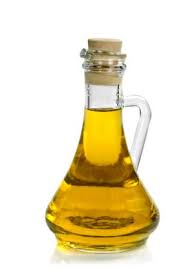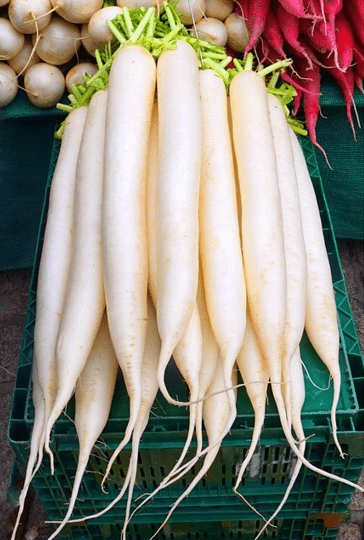Happy Hanukkah! Tomorrow the real celebration will begin – Candles will light from the window sills, dreidels will spin and children will sing holiday songs.
The most important part of the holiday, the sufganiyot, including their variety of flavors, have arrived long ago – it seems that each year they are earlier than the previous one, and they are evolving, becoming different, varied and far from the source that included a large block of dough with a touch of raspberry jam on top and enough sugar powder to make it impossible to eat without creating a cloud of white dust on both the face and the shirt. The children have already practiced lighting the candles and singing the holiday songs in their classrooms and kindergartens (and of course filling up on sufganiyot until leaving no chance of dinner that includes real and nutritious food). And we even wrote about latkes already. What is left for Chanukah? The Miracle of the Oil Tin! A few words about oil (good,as well as not-so-good).
Oil has accompanied humanity since long long ago. The oil became prominent in the days when they came up with the idea that a certain food, which is abundant, can be used to produce something else. That is, the oil has always been there, embedded inside the seeds, fruits and plants, that were eaten in their entirety, including the oil within. The change came with the ability (and desire) to produce oil and store it separated from its source plant.
As with fruits and vegetables grown, cultivated and developed in different countries and climates, the types of oils are also determined by the type of produce that could be obtained in large quantities in each region. In the US it was corn oil and flax oil; in the East -soy and sesame; In Europe, the sunflower oil is common, and also fats from live sources such as pork fat, goose fat and butter; In the Mediterranean, of course, we have the olive oil, and also the samna, which in India is called "ghee."
Despite the poor publicity attributed to oil and butter, it is actually essential to our bodies. The fatty acids are required for proper cell functionality, normal digestive activity and proper construction of cells, whose membranes contain fatty acids. Children, whosegrowth processesare accelerated, especially need good fats, but even adults need them, because high-quality fatty acids take part in the mechanisms that protect the body cells from cancer differentiation, they contain anti-oxidants as well as vitamin E, which retains the elasticity of the skin and the blood vessels, and therefore protects the body from cardiovascular diseases.
Which oils should we not use? The industrial oils.
"Purified" oil means that although the shelf life of the oil is longer (because oil goes bad (breaks down) when exposed to oxygen and light,if possible, avoid buying oil in a transparent plastic bottle), but it also means that the oil was stripped from its nutritional value (except for special oils produced by new technologies). Beneficial oils that have been heated to high temperatures become harmful, especially those heated more than once.
The oil that is considered to be most resistant to high heat conditions is the canola (by the way, there is no plant called "canola" – this is an abbreviation of "Canadian Oil" made from rapeseed, since in the US it is imported from Canada). If you do not intend to heat the oil too much – olive oil is a very good choice for those looking for a local type of oil with balanced types of fatty acids.
Another oil that retains its properties at high temperatures is the coconut oil, a rising star in the kitchen: fragrant, tasty, healthy, and great with baked goods (because it solidifies at room temperature, it can replace dairy products as the "binding" component of the dough, and it also retains the moisture in the pastry after being removed from the oven). Some also use it for cosmetic purposes and love the scent. There are also peanut oil and sesame oil, both fragrant and wonderful butless suitable for cosmetic use and more for oriental style foods – in sautéed foods and salads.
Let's go back to the sufganiyot. If you fry them at home, choose an oil that does not easily oxidize (grape seed oil, for example, which has a very delicate flavor), and be careful not to heat the oil too many times before replacing it (of course, do not dispose of it into the sink!)
Have a pleasant holiday and full of fragrant oils (they are all in our store and ordering system – just add them to your box)!
Yours,
Maggie's Garden Team
Forecast:
In the ORGANIC vegetable baskets we expect (draft only):
Cucumber
Tomato
Lettuce
Potato
Pepper
Eggplant
Parsley
Onion
Celery
The Large organic vegetable baskets also include:
Spinach
Coriander
Fennel
In the ORGANIC fruit baskets:
Sweetie
Orange
Clementine
The large ORGANIC fruit baskets also include:
Pomelo
Banana
New! New! The ORGANIC Green Basket:
Swiss chard
Green Onion
Kale
Dill
A kind of lettuce
Mint
Sprouts
Swiss Chard













